Follow Us On Wechat!

Dr. Ahmed Hussain
Executive Director of Institute of LearningWellington College China
Currently there are over one million Chinese students studying in universities and schools across the world. Unfortunately, there is growing evidence that a significant proportion of these students will struggle acclimating in the new context and consequently, do not gain from the opportunities presented. This observation is prevalent for many Chinese students entering higher education. Furthermore, industry often laments the failure of graduates and young adults to display the characteristics they desire, often citing the stifling and “spoon feeding” nature of statutory education.
Therefore, the currency of education in schools in China must extend beyond that measured in exam outcomes and university destinations alone. Pupils must be prepared to thrive in life beyond school, but how?
Character education, resilience, grit or self-regulation are terms, among many, frequently used to describe features of education designed to prepare pupils for success beyond school. Unfortunately, the field of defining and realising the desired non-academics outcomes from education is inconsistent. Wellington College China clearly define desired outcomes as an identity, that seeks to develop pupils that excel in exams but that are importantly:
Inspired
Intellectual
Independent
Individual
Inclusive

Independence is often regarded in education as the “silver-bullet” to resolve the issues highlighted above for Chinese, and many other, pupils. Indeed, education reforms across the globe seek to promote independence in pupils, unfortunately with limited impact.
Independence: conceptual overview
Developing independence in pupils is an aspiration for education, a journey towards developing the underpinning traits of an independent individual. To attain independence comprises a balance between support to the pupil and its appropriate removal.
A Wellington College China working model for independence in comprises:
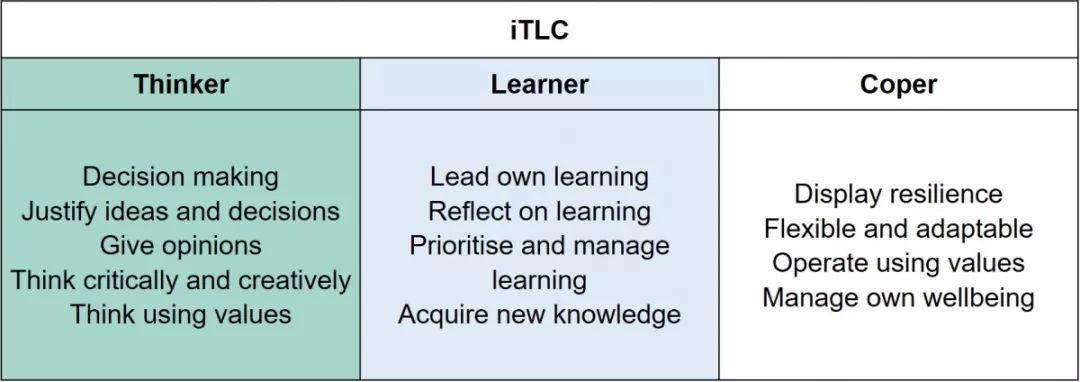
To promote independence represents a dichotomy between direct instruction; necessary to introduce a foundation of knowledge, and approaches such as PBL (project based learning) which often comprise a lack of structure and support. Instead, the term ‘fully guided instruction’ may be a better means to developing independence.
Fully guided instruction may be considered as a continuum:
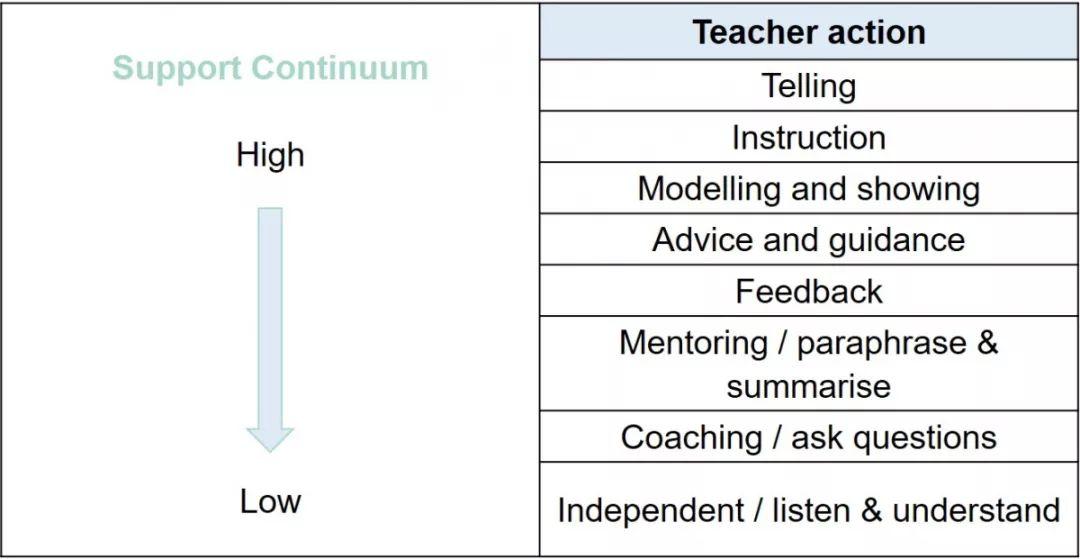
In this model, it is anticipated that support is greatest at the beginning of the learning cycle and slowly removed as pupils, being differentiated for each pupil according to readiness. The aim is for desirable difficulty leading to cognitive struggle, which is known to aid long-term retention of knowledge. This mean AfL practices are essential.

Underpinning considerations comprise:
There exists the need for direct teaching for knowledge and the use of existing knowledge with decreasing levels of support. But a solid foundation of knowledge necessary in order to begin to work independently. Must promote desired difficulty (Bjork 2012) and not simply withdraw support for application through shallow or low demand group activities or projects that rely on technology to gather information.
Levels of independence cannot be detached from context. The process of becoming independent is entwined what is being thought about, thus there exists the need for direct input balanced with opportunities for working with the knowledge increasing independently. This fits with teaching for master; acquisition, accuracy, fluency, retention, generalisation (Kamee’nui & Simmons, 1990).
Inherently linked to independence, but there exists a paradox around it being a desired outcome but not best way of achieving it. Links with ideas around self-determination theory; get good at something even if not valued in order to achieve a greater goal (Deci & Ryan) leading to responsibility for learning.
Independence links closely with concepts of character education, which seeks to develop specific qualities of an individual:
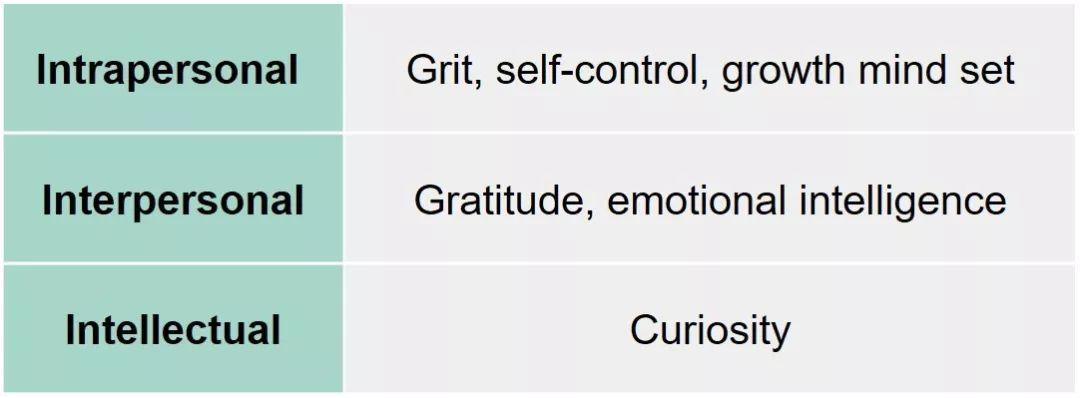
Assessing independence
Ultimately, there exists the need to provide pupils feedback and offer next steps in strengthening independence. This is complex and fraught with unintended consequences. Therefore, some core principles are essential:
Measure the individual or the school in promoting independence must be considered
There exists risks of attempts of ‘measuring’ independence; e.g. narrowing independence to that which can be assessed easily
Consider performance against a simple model of independence
Utilise existing measures as proxies for developing independence:
• Academic progress
• University destinations
• Attendance, behaviour, bullying, leadership/service etc
• Reflective journal

Promoting independence in pupils is a theme within the IoL Inspiring Learning Conference in Tianjin between 22-23rd February 2020. To register and for further information please scan the QR code below:
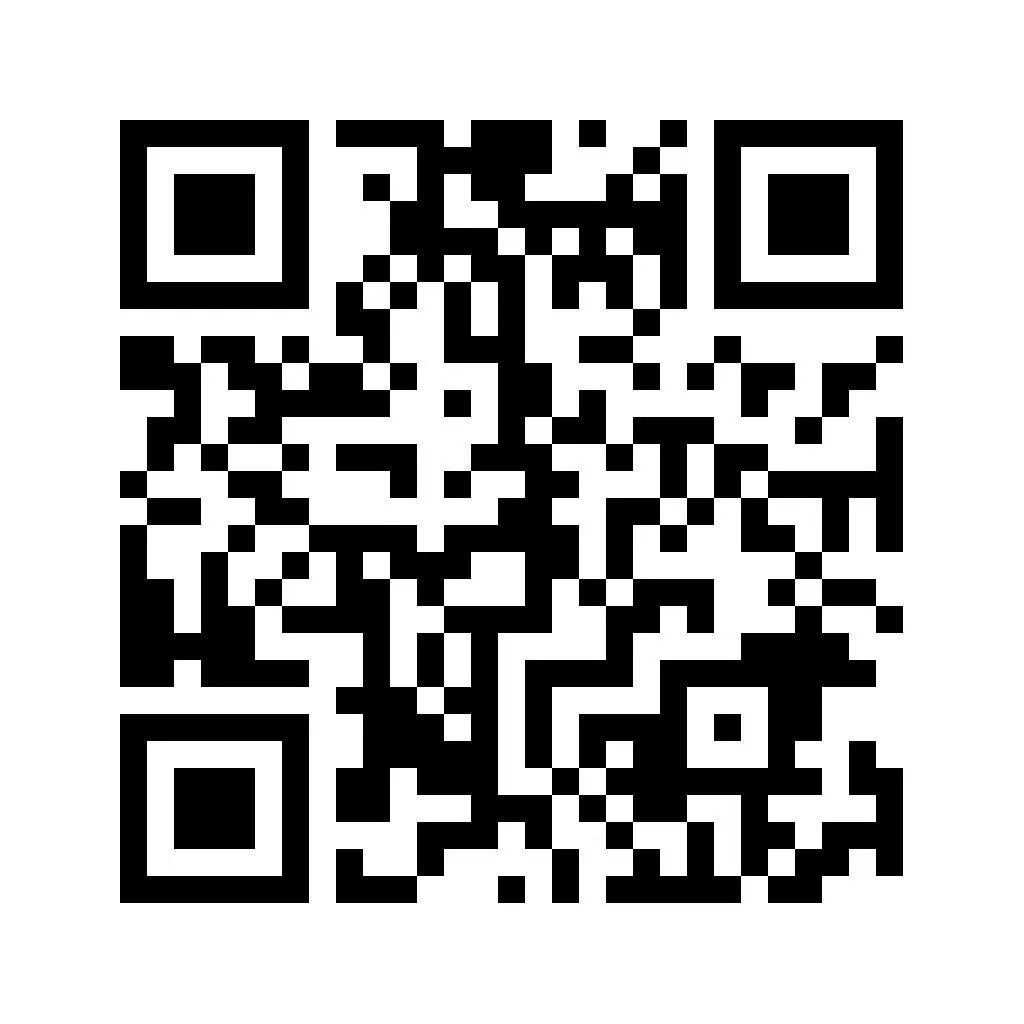
References and further reading:
Chritodoulou, D. (2014) Seven myths about education, Routledge.
Clark, R., Kirschner, P. and Sweller, J. (2012) ‘Putting Students on the Path to Learning’. American Educator, www.aft.org/sites/default/files/periodicals/Clark.pdf
Dunlosky, J., Rawson, K. A., Marsh, E. J., Nathan, M. J., Willingham, D. T. (2013) Improving students’ learning with effective learning techniques: promising directions from cognitive and educational psychology. Psychological Science in the Public Interest 14(1).
Lucas, W. (2016) Educating Ruby.
Meyer, W. R. (2010) ‘Independent Learning: a literature review and new project.
Morgan, N. (2017) Taught not Caught: Educating for 21st Century Character.
Neber, H. and Schommer-Aikins, M. (2002) Self-regulated Science Learning with Highly Gifted Students: The role of cognitive, motivational, epistemological, and environmental variable.


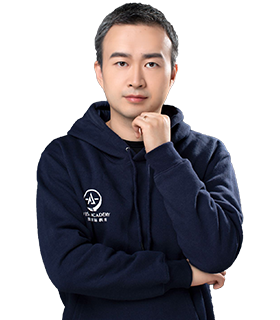







 沪公网安备 31010502004453号
沪公网安备 31010502004453号





 成功提交后我们将尽快与您联系,请注意来电!
成功提交后我们将尽快与您联系,请注意来电!







 成功提交后我们将尽快与您联系,请注意来电!
成功提交后我们将尽快与您联系,请注意来电!


